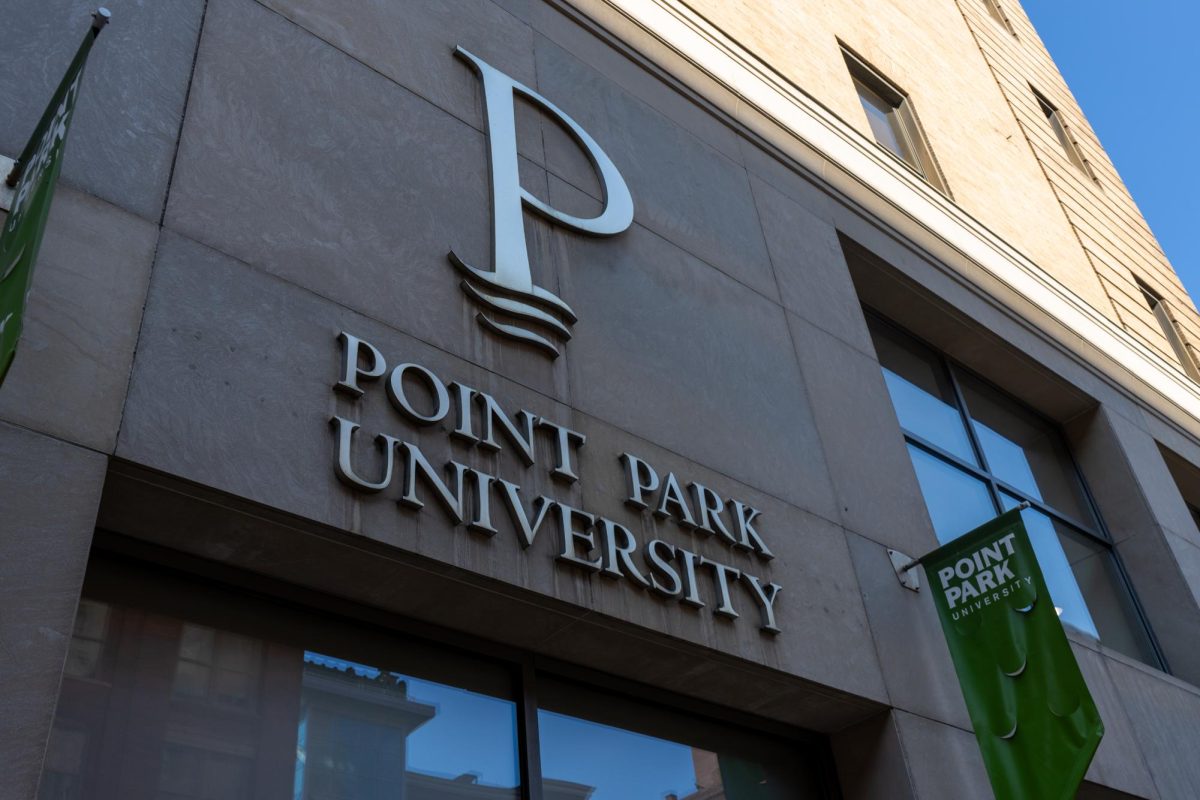A recent study by The Hill Group, a local consulting firm that President Chris Brussalis is the chairman and former President of, proposed that local universities could save money by sharing funding for services like IT, procurement, finance, administration and risk management. The study was also discussed in an article in WESA last week.
Robert Morris, Carlow, Chatham and Washington & Jefferson College have all been involved with the university in a study since last summer that looks at their administrative functions to determine what could be combined and shared. The study states that the five schools could collectively save more than $20 million per year under a shared model.
Proponents of the study say those savings could help some schools maintain the quality of their academic offerings while helping other institutions keep their doors from closing. When asked about enrollment numbers over the last few years, the university declined to comment. The university had 3,288 students enrolled in fall 2022.
However, joining the consortium could also mean some colleges reassign or lay off staff whose jobs could be replaced by work from member universities.
AJ de la Cruz, a junior creative writing major, said they are “confused” by this proposal.
“Does that mean the students benefit from the services?” Cruz said “If I put my money into this school, and they share that money with other schools, why am I helping pay for other schools? It just doesn’t make sense to me.”
Patrick Costello, a senior theater production student, said that this shared pool of funds is “an interesting concept” but is “worried” about the financial state of the university.
“I worry that this will cause a decrease in the quality of services coming from things like IT,” Costello said. “In the 4 years I have been going here, tuition has gone up consistently every semester. With a similar situation happening at Chatham, I would be extremely worried about the long-term outlook for Point Park.”
At the start of this summer, Chatham projected an operating budget deficit between $8 million and $12 million over the next two years and eliminated 20 staff positions, according to emails obtained by the Tribune-Review.
Costello also said that the parties involved in the study made him “upset.”
“I was upset upon reading the article when I found out that former President Paul Hennigan was the one conducting the study,” Costello said. “I was angry when I read that our current president owns 35% of that same company. It seems like a major conflict of interest.”
Paul Hennigan, who served as president until 2021, led The Hill Group’s study. According to the WESA article, Hennigan has been providing consulting services for the university since he stepped down from the president role. In the university’s tax form for 2022, it states that Hennigan was paid $536,546 in 2021 as a “former officer/president emeritus.”
Brussalis said to WESA that he is no longer involved in the management of The Hill Group, but according to the university’s financial disclosures, he does own 35% of the company. He was also a member of the university’s Board of Trustees leading up to his appointment. The university did not give an answer as to how long The Hill Group has been doing consulting for the university.
In an email sent to the university community last Friday, Brussalis addressed his responses in the WESA article.
“First and foremost, we want to assure each one of you that your jobs at Point Park University are valued. We deeply appreciate your dedication, expertise, and hard work, which are instrumental in maintaining our institution’s high standards of education and service. We recognize that you are the backbone of our organization.
The concept of shared services is being explored at institutions across the country and Point Park is no exception. The goal of any shared services plan would be to improve efficiency, streamline processes, and enhance the overall quality of services we provide to our students, faculty, and staff. Shared services, when implemented thoughtfully, can lead to more effective resource allocation, reduced administrative burdens, and increased focus on our core mission of education.
This idea is only in the exploration phase and no decisions or commitments have been made. If a shared services plan were to move forward, Point Park would be transparent throughout the process with open communication encouraged throughout our community.
“Our primary goal is to enhance the services we provide to our students and stakeholders while safeguarding the job security of our dedicated employees. We are committed to working together collaboratively and transparently to achieve these objectives.
Thank you for your continued hard work and dedication to Point Park University. Your contributions are invaluable, and we look forward to building a stronger and more efficient institution together,” the email read.
According to the WESA article, the consortium could start as soon as the start of next year.







philip winters • Oct 5, 2023 at 1:24 PM
This arrangement seems to be neither collaborative nor transparent.